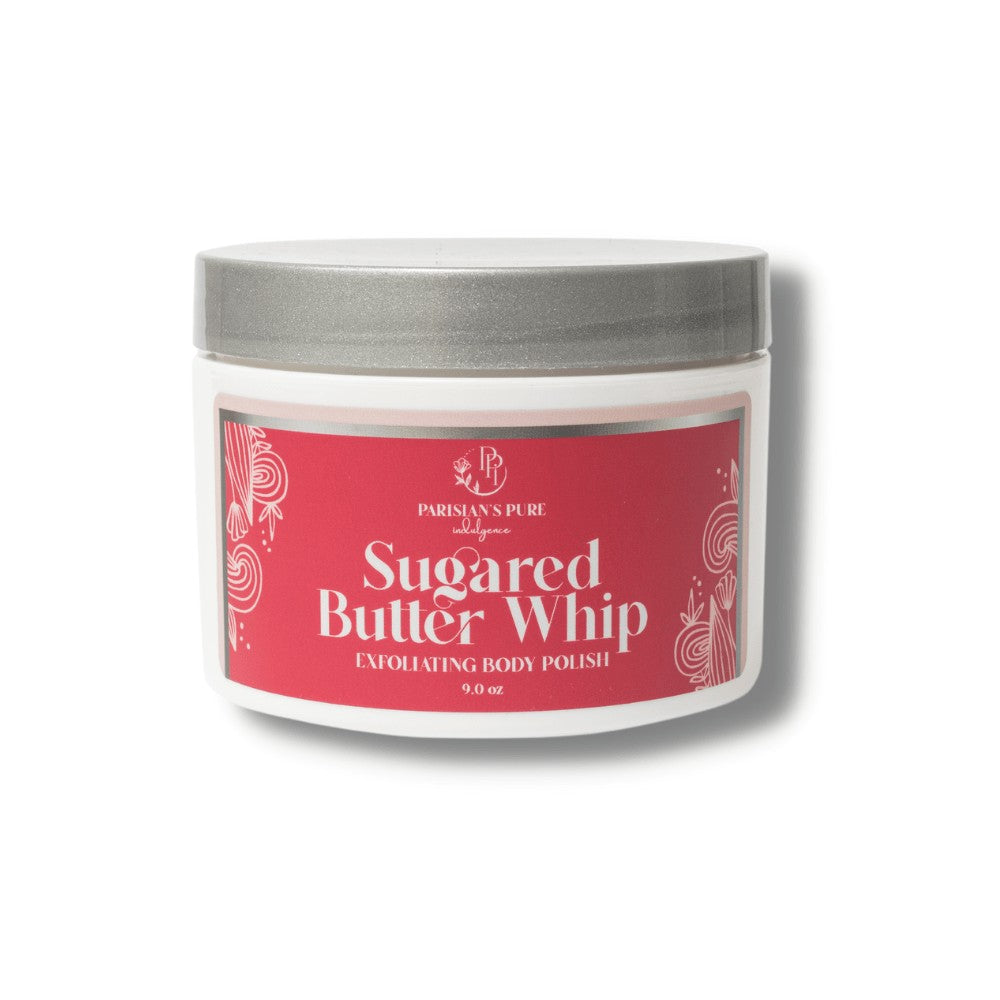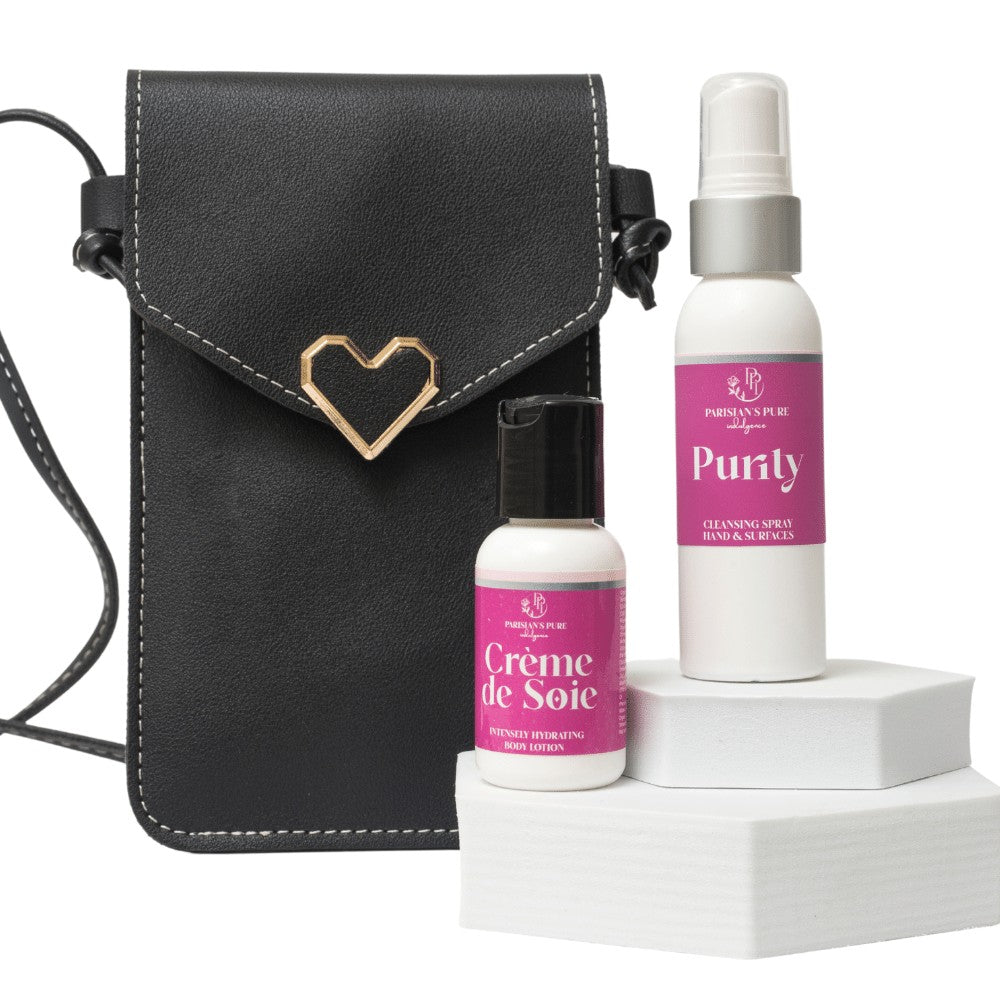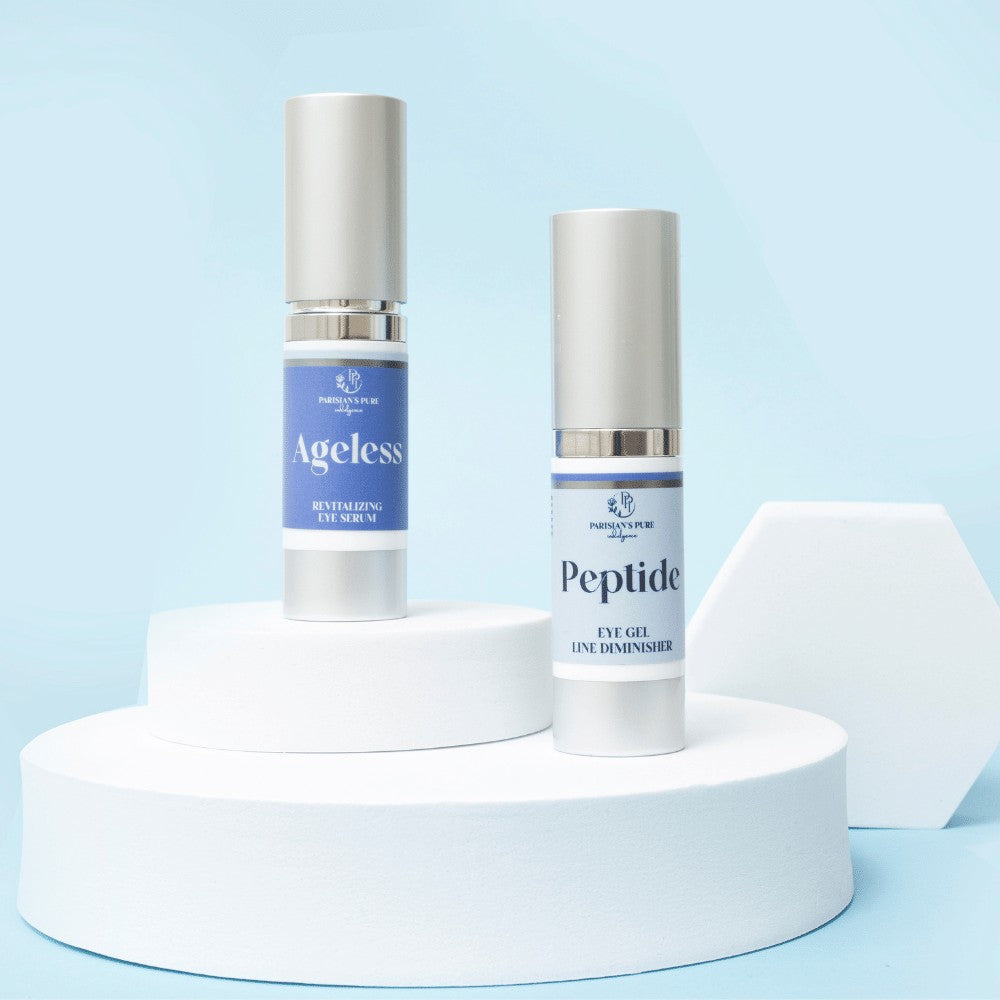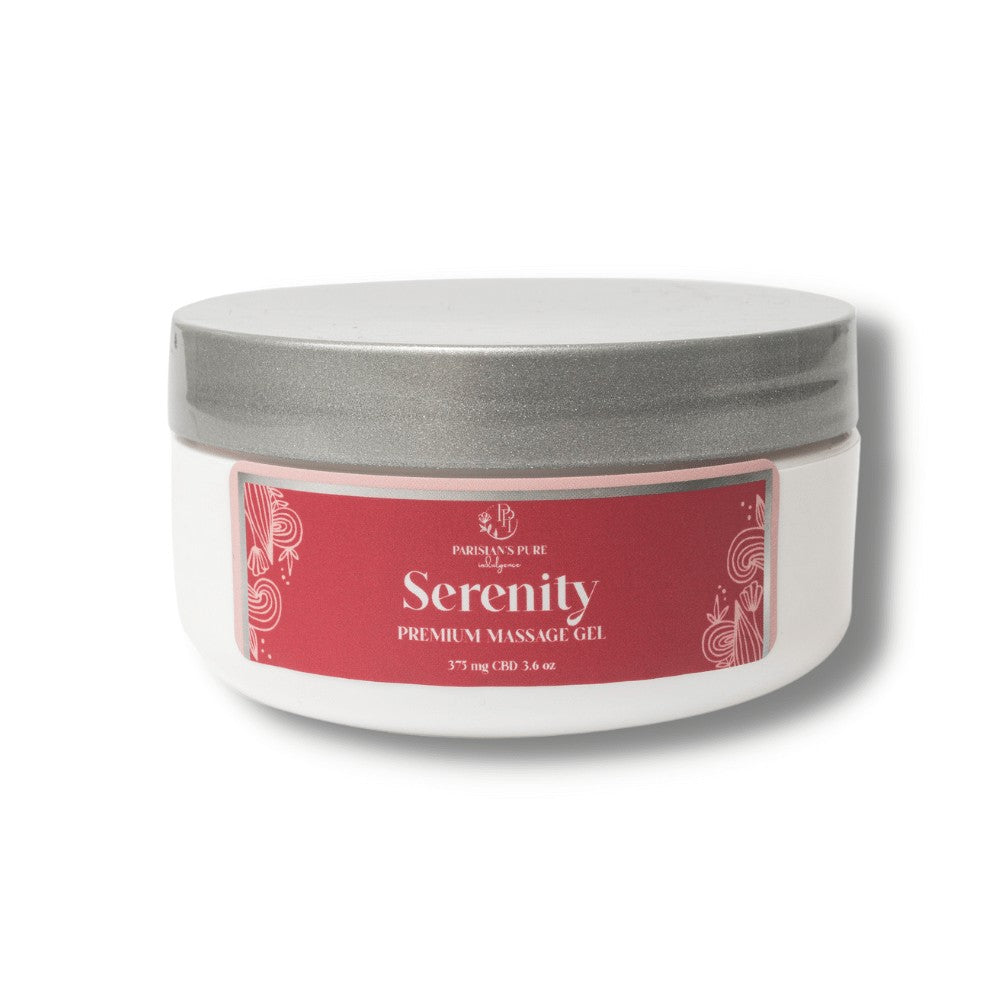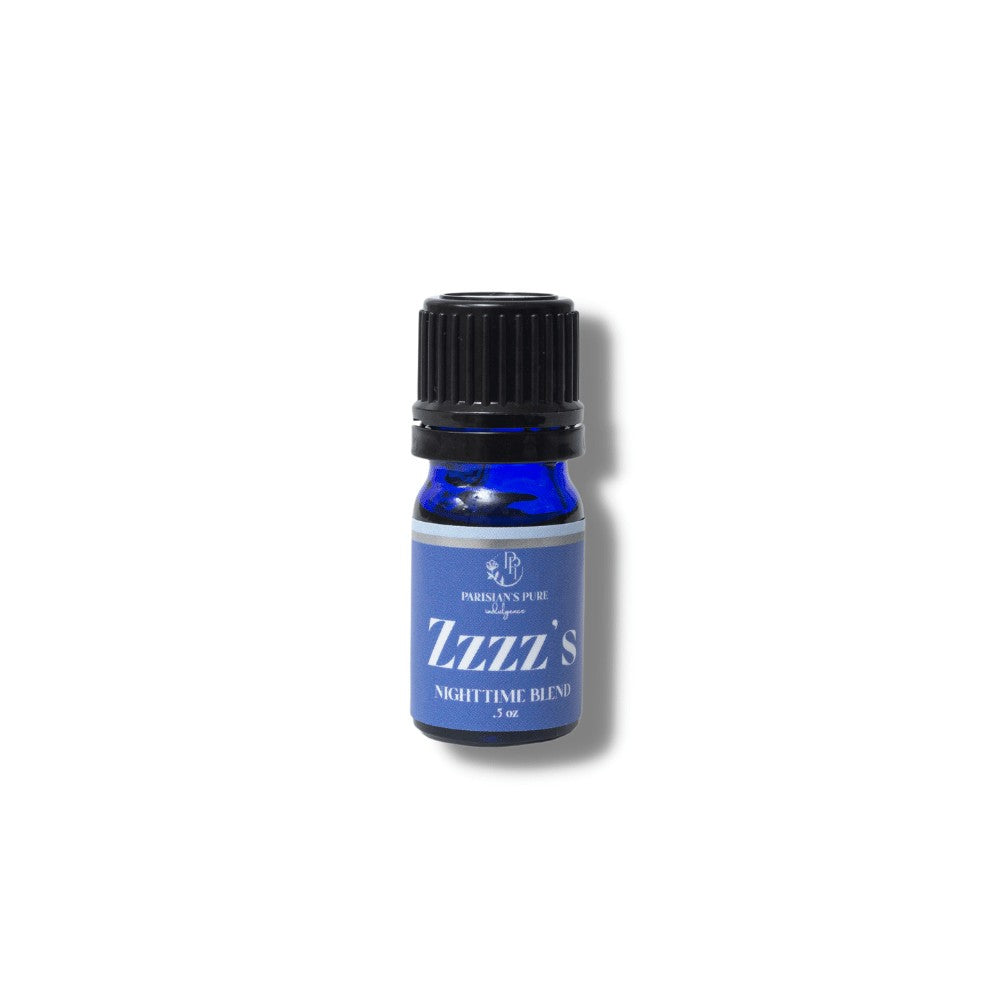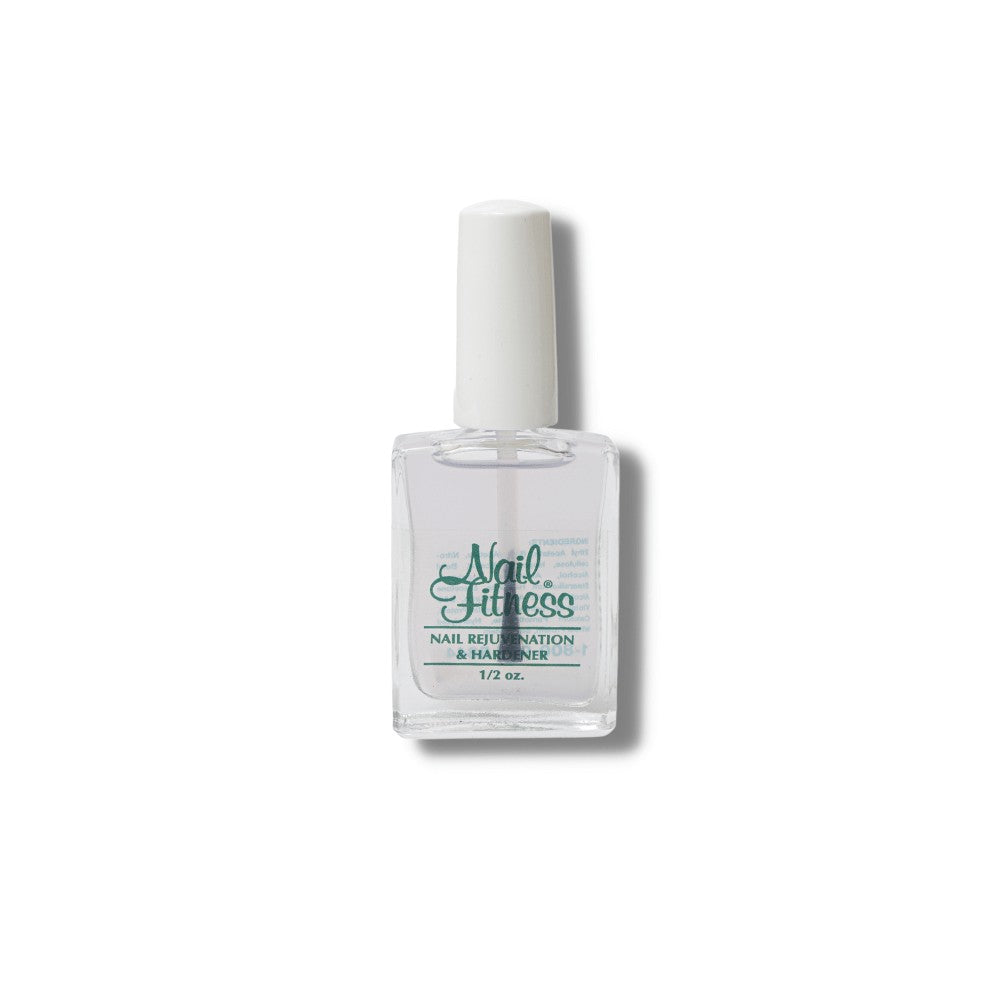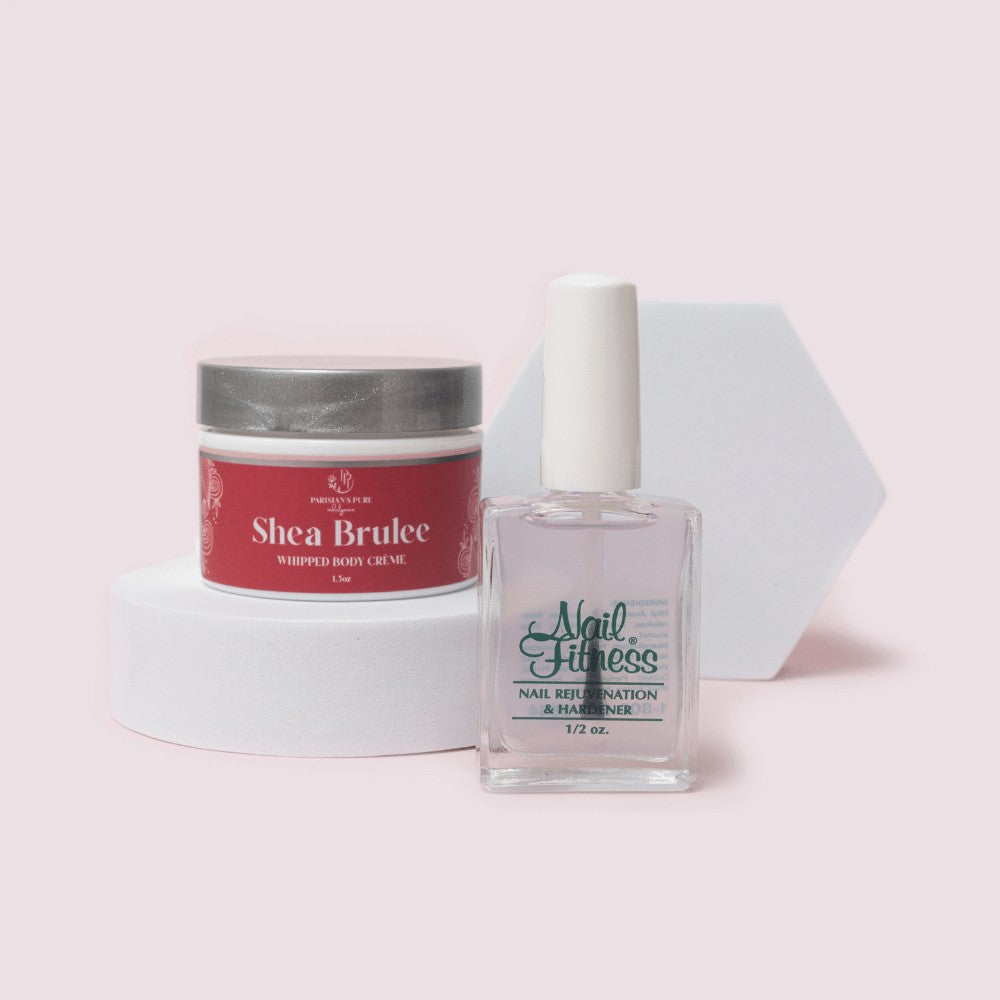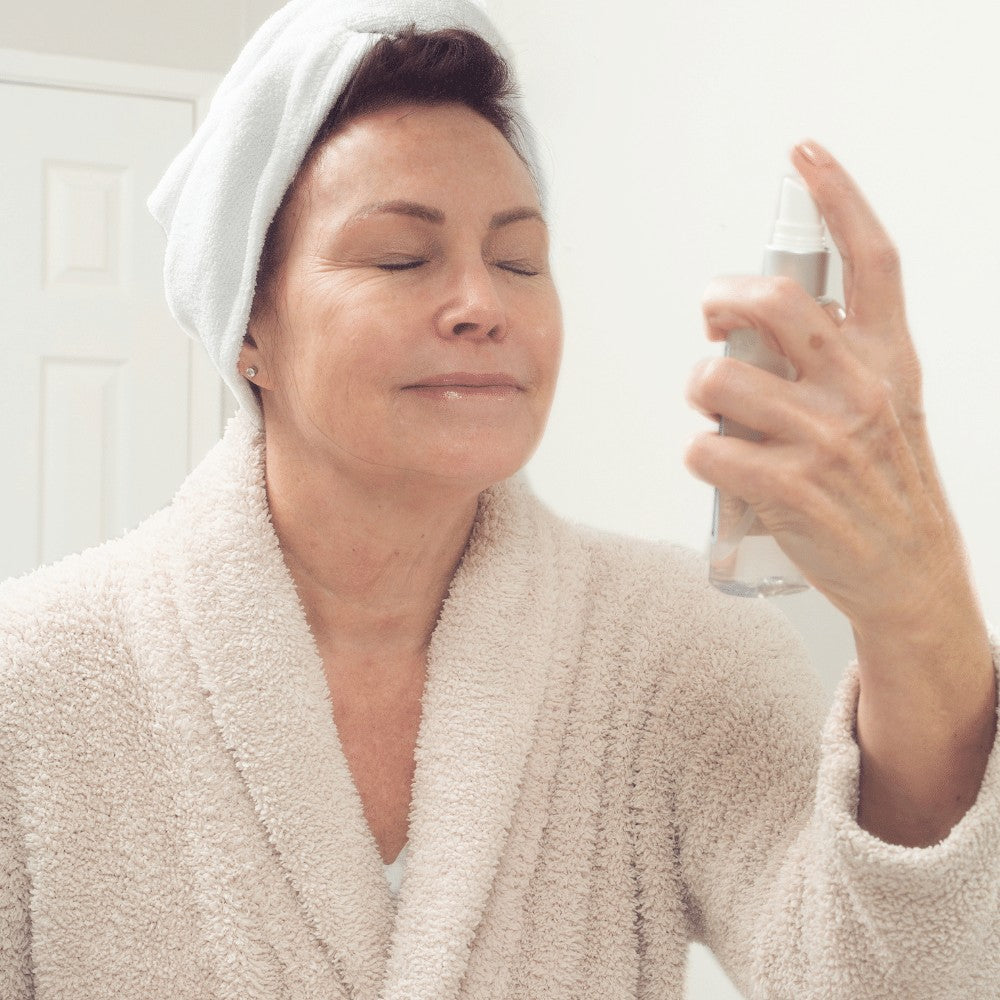Is Winter Wrecking Your Glow? 5 Myths That Might Be Drying You Out
Does winter’s chilly grip have you longing for warmer days? I get it. This time of year can leave even the best-behaved skin feeling dry, dull, and a little "blah."
But here is the good news: You don’t have to wait for spring to get your radiance back.
At Parisian's Pure Indulgence, we believe in proactive beauty. We are here to bust some common winter skin care myths and share cozy, effective tips to help you get your glow back—even when the weather turns frosty.
Myth #1: "I don't need to change my skincare routine just because it’s cold."
The Truth: Still holding onto your lightweight summer lotions? Just like we swap our linen shirts for cozy sweaters, our skincare routine deserves a seasonal wardrobe change.

Winter is the perfect time to pamper your skin with extra love and hydration. Think of it as "layering" for your face:
-
The Base Layer: Light toners and serums (like our Vitamin C).
-
The Sweater: Richer creams and treatments (like our Lumiere Hyper-potent Serum)
Expert Tip: Layering helps lock in moisture. Start with a gentle cleanser, add a hydrating toner, apply your targeted serum, and finish with a lipid-rich moisturizer to seal in the goodness. You’ve got this!
Myth #2: "I don't need to drink as much water in the winter."
The Truth: It’s easy to forget to drink water when we aren't hot and thirsty, but our skin needs that moisture just as much right now. Just like any other organ, your skin needs internal hydration to function. When you skimp on H2O, your skin protests with tightness, flakes, and deeper-looking wrinkles.
The Fix: Aim for 6-8 glasses a day to keep your cells plump and youthful. Bonus points for eating water-rich fruits and veggies! Even if you aren't sweating, your skin needs that internal oasis.
Myth #3: "I can use the same cream day and night."
The Truth: Your skin has different jobs to do at different times.
-
Daytime = Protection. Your day cream is your shield against pollution and UV rays. A quality day cream should always be paired with SPF 30+ (yes, even in winter!).
-
Nighttime = Repair. Your night cream is a restorative balm. While you sleep, your skin goes into "recovery mode." This is when you need ingredients like peptides or retinol to repair the day's damage.
Ditch the "one-cream-fits-all" approach. Invest in a dynamic duo that works with your skin's natural rhythm. Your future self will thank you!
Example: Parasol SPF50in the morning and Elevant DMAE & MSM Night Cream at night.
Myth #4: "Toners dry out your skin, so I skip them in winter."
The Truth: The wrong toner dries you out. The right toner is a hydration hero. If you are using old-school, alcohol-heavy astringents, then yes—toss them! But a modern, hydrating toner is essential for mature skin in winter.
Why you need it: Winter weather disrupts your pH balance. A gentle toner restores that balance and acts like a "primer," allowing your expensive serums and moisturizers to sink in deeper rather than sitting on top of dry skin. It’s a little step that makes a huge difference.
Myth #5: "Winter weather is the only reason my skin is dry."
The Truth: It’s actually your heater that’s the culprit! Cold air outside has low humidity, but when you bring that air inside and crank up the central heat, you create a desert-like environment in your home. This sucks the moisture right out of your pores. Hello, static hair and crepey-looking skin!
The Cozy Fix: Consider investing in a bedside humidifier. Adding moisture back into the air while you sleep is one of the easiest anti-aging tricks in the book.

